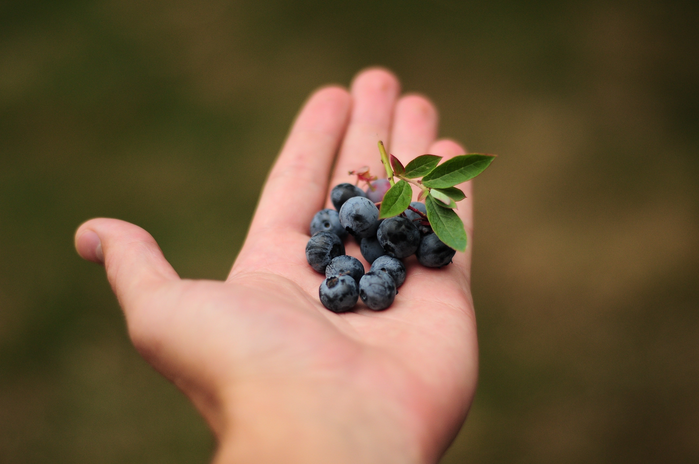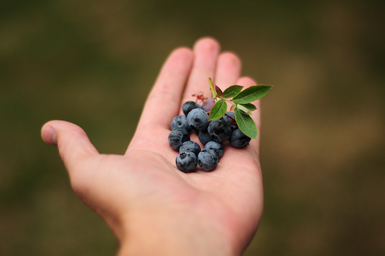As part of the college’s “Year of Food,” Harvard Professor Richard Wrangham gave a lecture on Monday, September 19, titled “How Cooking Made Us Human.” A British primatologist, Wrangham discussed this topic in light of his 2009 book “Catching Fire.” In an era of raw foodists, vegans, and paleo persons all claiming their diet is best (I’m vegan myself—no judgment, y’all!), Dr. Wrangham argues that cooked food is a necessary adaptation to human biology and society.
Despite a rarity of archaeological evidence, Wrangham argues that human control over fire was developed between the eras of Australopithecus (about 2.5 million years ago) and Homo erectus (about 1.9 million years ago). This goes against the standard timeline, placing fire between Homo heidelergens (about .6 million years ago) and Homo sapiens (about .2 million years ago).
Aside from defensive uses, which Wrangham highlights as an important feature of fire, the discovery thereof allowed for the introduction of cooking, which, biologically, led to larger brains and a smaller gut. Several studies proved the scientific benefits of cooking: a raw food diet, while healthy enough in chimps, led to a low fertility rate in humans, with or without meat, for example.
The most persuasive argument for cooked food, though, is the caloric variations. Wrangham points out the flaws in traditional nutritional labels, which lack specifications for cooked versus raw preparation. Cooking leads to softer food, which allows for less energy to be used in consumption. As a result, cooked food allows for a maintenance of weight, increasing digestibility and decreasing the cost of digestion.
From a societal standpoint, cooking is crucial to the traditional human life. “Cooking is responsible for poetry,” joked Wrangham. As great apes spend four to seven hours per day chewing their food (as opposed to less than one hour for their human counterparts), they certainly wouldn’t have the spare time to write. In fact, they wouldn’t have time for much of anything—as Wrangham highlights in the discussion of traditional societies, women stay home to cook while men go out to hunt. This allows men the time to go hunting, and perform other “heroic” tasks, allowing for an effective, if disastrously patriarchal society.
“The importance of marriage is not in sex, but in food,” argues Wrangham. Without a wife to cook for him, a man is either destined to perform “womanly duties” himself or starve. As a result, men would traditionally seek a wife, even if she were beyond child-bearing age. He could always take a second after her eventual death (or, in some cultures, in addition to his first wife) for reproductive purposes; food was of foremost priority. Though this argument holds less well in a modern, increasingly equal society, it makes sense historically.
Though many attended “How Cooking Made Us Human” as a course requirement, countless students left the lecture with a newfound interest in why we cook—an excellent start to the Year of Food.


